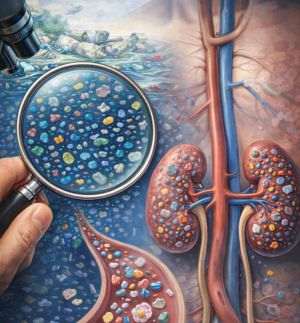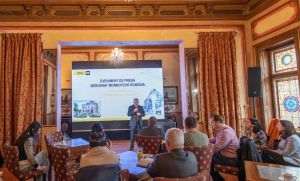Scientists at Stanford University in the United States have discovered that aging is much more random than previously thought, occurring in different parts of the body and at different times, possibly long before we even think about it. Aging "is also something personal, something that happens at a unique molecular level within each of us, and the process may be partially under our control," the text of this research states. "Once we know how our organs age, we may be able to slow down or speed up this process, depending on how we live," the researchers state. Using advanced molecular biology, genetics and "big data" to analyze blood samples from human subjects, researchers can tell which people are "old at heart" or "old at brain," meaning their hearts and brains appear much older than the rest of their bodies, or whether they are "young at brain," with a brain that is relatively younger than the rest of their organs. In the same way, some people have aging muscles or young livers. Almost any organ can be the first to show signs of extreme aging. The results highlight "how complicated aging is," said Hamilton Se-Hwee Oh, the researcher who led the study while at Stanford University. The specialist adds: "The consequences for our health are considerable. In one of the largest human studies to date on the subject of organ aging, Stanford scientists have found that those who are old at heart are much more likely to develop heart failure than others, while those who are young at brains have an approximately 80% lower risk of developing dementia in old age compared to people with (mid-) or old brains." These results also represent some of the first and possibly most practical conclusions in the science of human aging.
Aging, a Random Process
O.D.
English Section / 27 noiembrie 2024













































